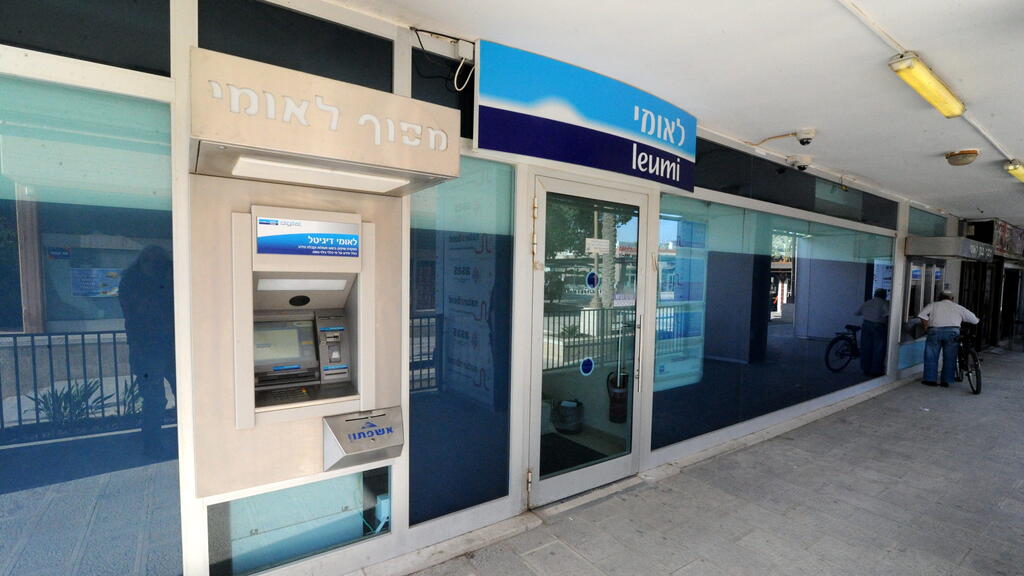Getting your Trinity Audio player ready...
Bank Leumi has frozen the account of the Gisha non-profit organization in Tel Aviv, which provides legal assistance to Gaza residents seeking entry permits to Israel. This action was taken after the bank identified money transfers to Gaza and the association's public statements, including a Facebook post where, without evidence, it accused Israel of war crimes.
Read more:
In a letter sent to the NGO two weeks ago, the bank had thoroughly reviewed the account's activity and indicated that there were indications of donations intended to support business owners in Gaza, as well as activities with a high risk related to money laundering and terrorist financing.
It further mentioned the decision to freeze the account, citing concerns over the NGO's public statements and remarks, which appeared to lack reasonable measures to verify the accuracy of the information and could lead to the dissemination of untrue and unfair publications.
In a Thursday hearing at the Tel Aviv District Court regarding the Gisha NGO's appeal against Bank Leumi, Attorney Noam Bar-David, representing the bank, stated, "There is acknowledgment of money transfers to Gaza, whether sending or receiving funds for individuals in Gaza. The bank cannot verify or monitor every money transfer to Gaza nowadays. I don't know what use will be made there, or who controls the funds for that individual. I'm not saying it's a terrorist organization, but there is a risk."
Gisha's legal representatives, Yonathan Barman, and Uri Adelstein, argued during the discussion that the association's publications are not a sufficient reason to freeze the account. "We are in a democratic country where it is allowed to write about occupation or war crimes. It's an expression of opinion, even if it's harsh. If there is a criminal offense, turn to the police."
In response to these arguments, the bank's representative stated, "The publications are not a democratic expression of opinion; they accuse Israel and the IDF of war crimes, make comparisons to massacres, collective punishment, etc. These are publications that go beyond expressing an opinion. There are incitement and very harsh statements that can cause harm. It is anti-Israeli remarks, and we cannot ignore that. The bank is not willing to be seen as assisting such publications. After October 7, we are in a different place. These are anti-Israeli publications, and the bank is losing trust in the customer."



